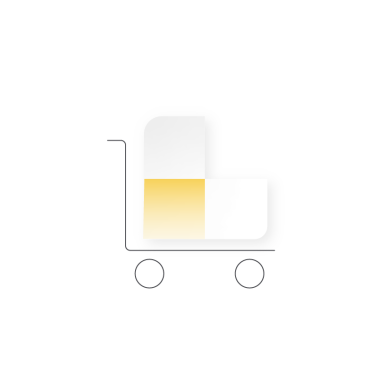CASE STUDY
Griffith Foods: Serving up better logistics for the future
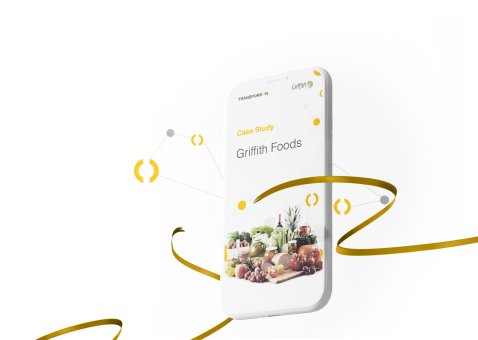
About Griffith Foods
Griffith Foods is the first choice product development and service partner in the protein and snacks market. For 100 years, they have built a trusted reputation to deliver outstanding taste, texture and quality. Today, Griffith Foods offer bespoke solutions for QSR, food processor, retail and services companies, delivering an unrivalled speed to market, with innovative, Delicious & Nutritious solutions in a culinary inspired & responsible way, every day.
They are a family business. They connect, collaborate and partner for the long term. For them, customers become family. Recent innovations include Sodium Flex and Sugar Flex as well as the prestigious FiE Award winning F&B Innovation “Vegetable based Never Fry coating system”.
Looking to prepare its logistics for the future, Griffith Food chose to work with Transporeon at its production sites in Belgium, Spain and the UK.
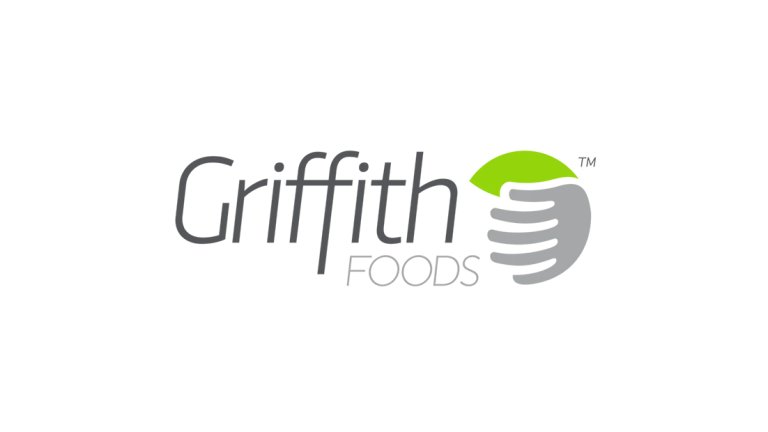
Challenges
- Transports were all booked manually; this took a lot of time and effort, and carriers never provided any formal confirmation.
- Congestion at peak times and long waiting times were typical during loading and unloading; it was impossible to optimise loading capacity and resources.
- It was difficult to manage local carrier performance.
- Every carrier worked with its own system; there was no connectivity between Griffith Foods and the carrier network.
- Lack of data about the company’s carbon footprint.
- Ad-hoc traceability.
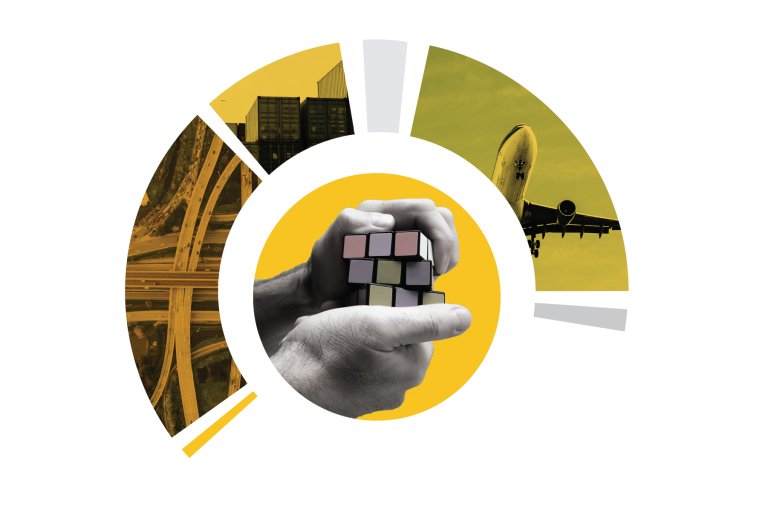
Solution
Today, Griffith Foods assigns transports with Transporeon No-Touch Order and has digitised its shipment loading/unloading processes using Transporeon Time Slot Management.
This has enabled a single European database for pricing and offers greater pricing transparency on a global level. Furthermore, Griffith Foods can now offer a plug-and-play solution when any new carrier joins the network. With all of these enhancements, the company is ready to face the logistics challenges of the future.
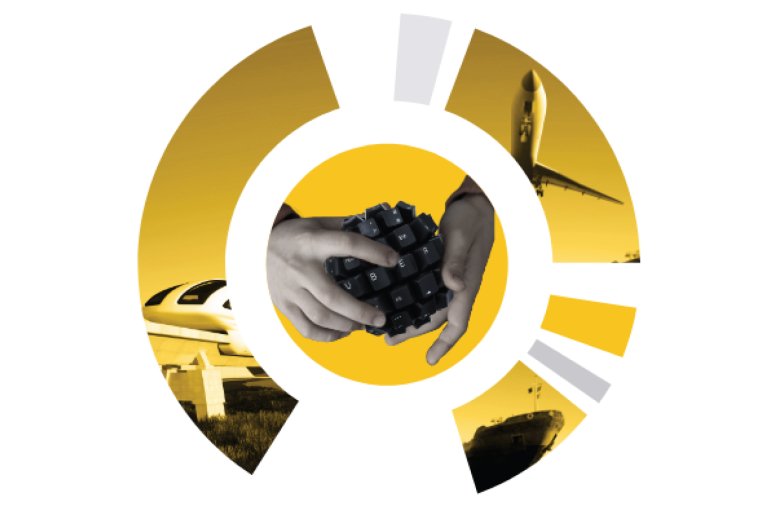
Results
- Improved organisation
With direct pdf functionality provided by the Transporeon system, it is easier to organise all transports even with express shipments; less waiting time, better loading/unloading planning.
- Higher-level admin
Automatic order assignment reduces the administrative workload and errors; carrier KPIs can now be evaluated; automatic reporting facilitates invoice checking.
- Better communication
Interaction between carriers, external warehouses and co-manufacturers is centralised in a single system; faster, clearer, error-free communication positively impacts costs and customer service.
- Streamlined processes
Easier, more efficient workflow for dispatchers using Transporeon master data including delivery templates and customer delivery specifications.
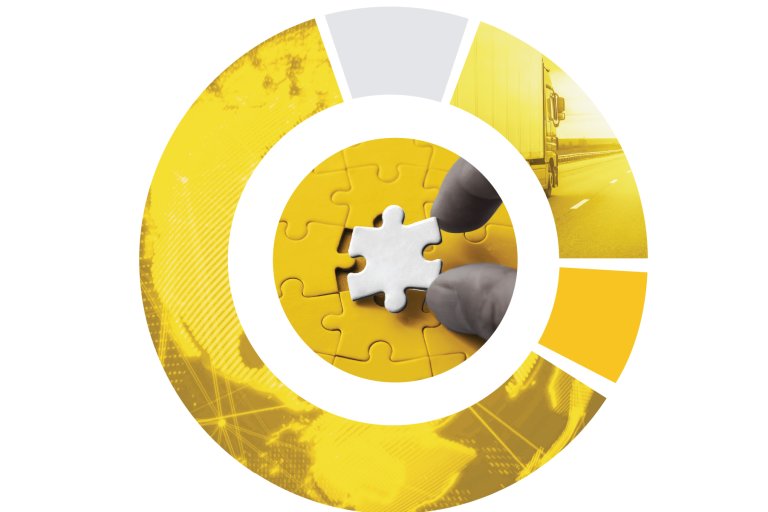
PRODUCTS
Explore our digital freight solutions
Together our products work in harmony to increase transport efficiency along the full lifecycle of freight activities.
